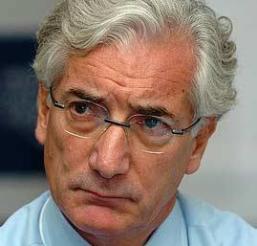Foundations and charitable trusts were consciously chosen as the first investors in the UK’s first social impact bond trial as it was easier in “public relations” terms for not-for-profits to take the “first stab”, compared with pension funds, according to Sir Ronald Cohen founder of Social Finance.
Social Finance is running the UK’s first social impact bond (SIB) trial, a new financing mechanism being piloted with the Ministry of Justice. A SIB is a contract under which the public sector commits to pay for improved social outcomes.
On the back of this, investment is raised from socially-motivated investors. The financial returns investors receive are dependent on the degree to which outcomes improve.
Social Finance is running the first social impact bond trial, aimed at reducing re-offending, with a range of charities, including St. Giles Trust, at HMP Peterborough. It attracted funding from more than ten charitable trusts including the Esmée Fairbairn Foundation and the Barrow Cadbury Trust.
Sir Ronald told MPs at a Public Administration Select Committee meeting last week that Social Finance had decided that the first investors in the Ministry of Justice SIB should be not-for-profits as it was easier for “public relations” reasons. But he did say that in the future pension funds and even insurance companies would be future investors in further SIBs.
“It would make sense for insurance companies to invest in SIBs,” said Sir Ronald, “as they would have an interest in keeping recidivism down.”
Sir Ronald also told MPs the SIBs are set to be huge worldwide:
“In a couple of decades we are talking about tens of billions around the world,” he said. “US president Barack Obama is interested. As is Australia and Canada. It is difficult to know how it will get implemented and what social issues will attract money. But with recidivism there is clear metrics.”









